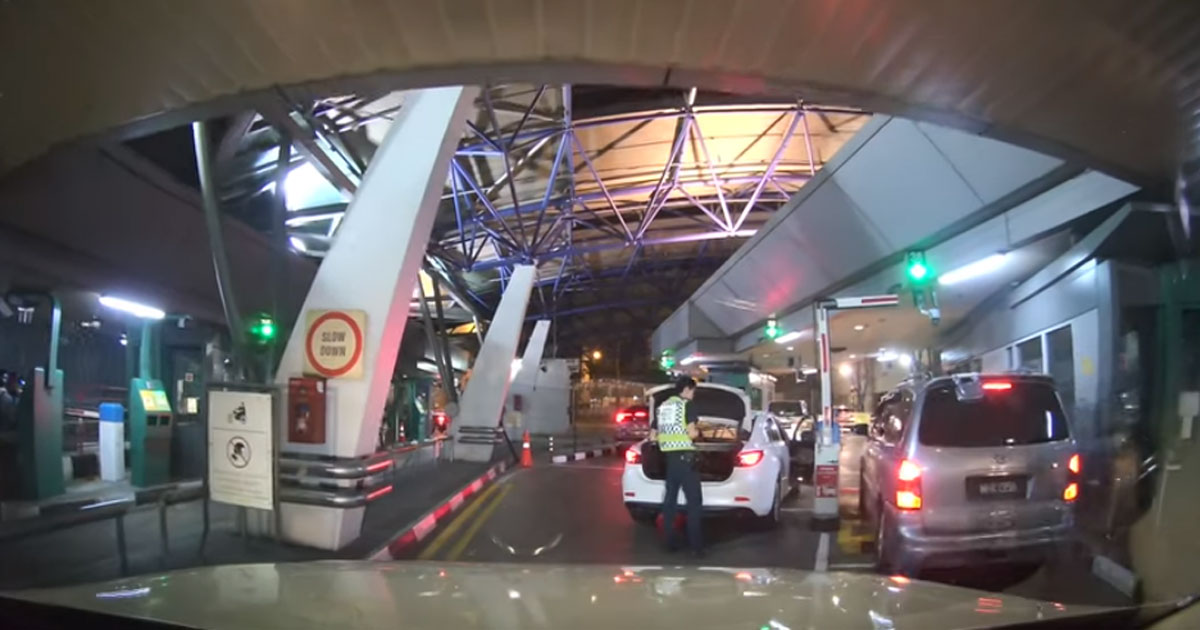Malaysia said on Friday, Jan. 3, 2020 that it is not proceeding with its enforcement of its Vehicle Entry Permit (VEP) scheme just yet, as not all Singapore vehicles are part of their system, The Star reported.
The majority of Singapore vehicles have yet to install the radio frequency identification (RFID) tag, despite registering for it, according to Malaysia's Road Transport Department.
So far, only one-quarter of Singapore vehicles registered for the VEP scheme have installed the tag, the department said.
This amounts to just 60,000 of more than 230,000 registered vehicles.
The department’s director-general Shaharuddin Khali told The Star that the remaining 170,000 vehicles will have the RFID tag installed in the first six months of 2020.
This new system was supposed to work at Johor's Sultan Iskandar Building and Sultan Abu Bakar Complex.
Problems
In recent times, the implementation has been hit by delays and confusion.
Malaysia’s Transport Ministry originally said the VEP would be enforced from October 2019, but then pushed it back to 2020.
In September, it announced that the implementation will be deferred “during peak hours” for outbound traffic until further notice.
Then there was confusion as Malaysia appeared to state that registered Singapore cars without the RFID tag could just display their VEP confirmation slips.
It then transpired that the slower than expected installation process has nothing to do with Singapore vehicles, as motorists here have had several complaints about how to go about doing it.
They have had to endure long waits, scarcity of appointment slots, as well as difficulty in getting help from Malaysian authorities in obtaining the RFID tags.
Transport Minister Anthony Loke then said in October that vehicles that want to install the tags would get to do it more easily.
An additional RFID centre will open at Sultan Abu Bakar Complex, Malaysia's ministry said, besides the existing ones at Gelang Patah Southbound RnR, Plaza Angsana open car park, Pandan RnR and Lima Kedai Toll Plaza.
The implementation of VEP in 2020 was to ensure all Singaporean vehicle owners have ample time to prepare.
The original purpose of the VEP was to tackle car theft and cloning syndicates, and prevent vehicles from leaving the country without paying outstanding fines.
First mooted more than a decade ago in 2007, Malaysia announced that all foreign-registered vehicles entering the country will need a VEP.
If you like what you read, follow us on Facebook, Instagram, Twitter and Telegram to get the latest updates.
